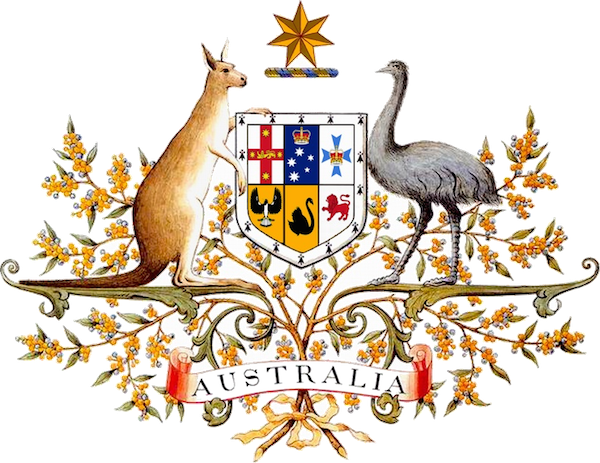-
Yes, we can…rewrite the Australian constitution
Klaas Woldring | May 13, 2018The recent furore over dual citizenship in Parliament raises deeper questions about the relevance of Australia’s archaic constitution to the nation today. Rather than another round of pointless by-elections, a new electoral system is required to refresh and reinvigorate Australia’s toxic politics.
-
Replacing Federation: Why and with what?
Klaas Woldring | November 14, 2017Is it time to move on from federation? Constitutional expert Klaas Woldring argues that there are 3 major reasons to update the order and suggests a more productive model of government would be a two-tier system.
-
Rewriting the Constitution
Klaas Woldring | October 17, 2017Does Section 44 of the Australian Constitution pose a problem for anything other than the Turnbull Government’s longevity? Constitutional expert Klaas Woldring explores the implications of Constitutional reform.
-
What kind of Republic for Australia?
Klaas Woldring | October 9, 2017Before we become a Republic shouldn’t we be talking about what kind of Republic Australians actually want? Academic Klass Wolding implores us to consider our governance options before we can answer ‘Yes’ or ‘No’.
-
Beyond Federation: An educational and informative multi-question plebiscite?
Klaas Woldring | March 18, 2016Why should the public only be questioned on the one topic of same sex marriage, if we could cover a whole range of issues at the same time? Klaas Woldring can’t think of a more direct form of democracy.
-
Beyond Federation
Klaas Woldring | March 9, 2015A group of citizens has been exploring several models without state government under the label “beyond federation”. Klaas Woldring explains who they are and where they want to go.
-
Australian Multiculturalism – cherish it, build on it
Klaas Woldring | October 21, 2013Australia was originally successful in developing an acceptable way of integrating immigrants from non-English speaking backgrounds. Klaas Woldring wonders why today our political and electoral system doesn’t reflect the composition and values of our society.
-
What Murdoch could do instead
Klaas Woldring | July 15, 2013Australia should start talking about new systems and a new constitution. Dr Klaas Woldring thinks that Rupert Murdoch with his considerable media influence could help.
-
Proportional representation will bring voters back
Klaas Woldring | January 8, 2013With a federal election looming in 2013 and the release of a discussion paper in Queensland reviewing its voting system, Dr Klaas Woldring suggests proportional representation as the way forward for Australia.
The crisis in Australia’s national Parliament is now obvious. In 2010, 22 per cent avoided voting. This situation cries out for a solution. A similar situation prevailed in New Zealand in the mid 1980s when a Royal Commission was established to recommend alternative electoral systems. Its recommendations were only acted upon in 1992/3 when referenda were held and a system of proportional system (Mixed Member Proportional) introduced – with good results.
What are the principal reasons in Australia, even apart from the wasteful, nasty adversarial fault finding parliamentary culture, why the nation should embark on proportional representation (PR)?
-
Advocating proportional representation instead of single member districts and compulsory preferential voting: Part 1
Klaas Woldring | January 26, 2011The Maximalist Republic: Minimalism no longer a viable option
Klaas Woldring | September 1, 2009The Australian Republican Movement (ARM) initiated the debate, but that Movement as well as the ALP and some Coalition politicians deliberately considered only the replacement of the Queen by an Australian President as Head of State. The entire 1990s debate concentrated on that change rather than on the much more important issue “What Kind of Republic?” and the process by which that could be achieved.





